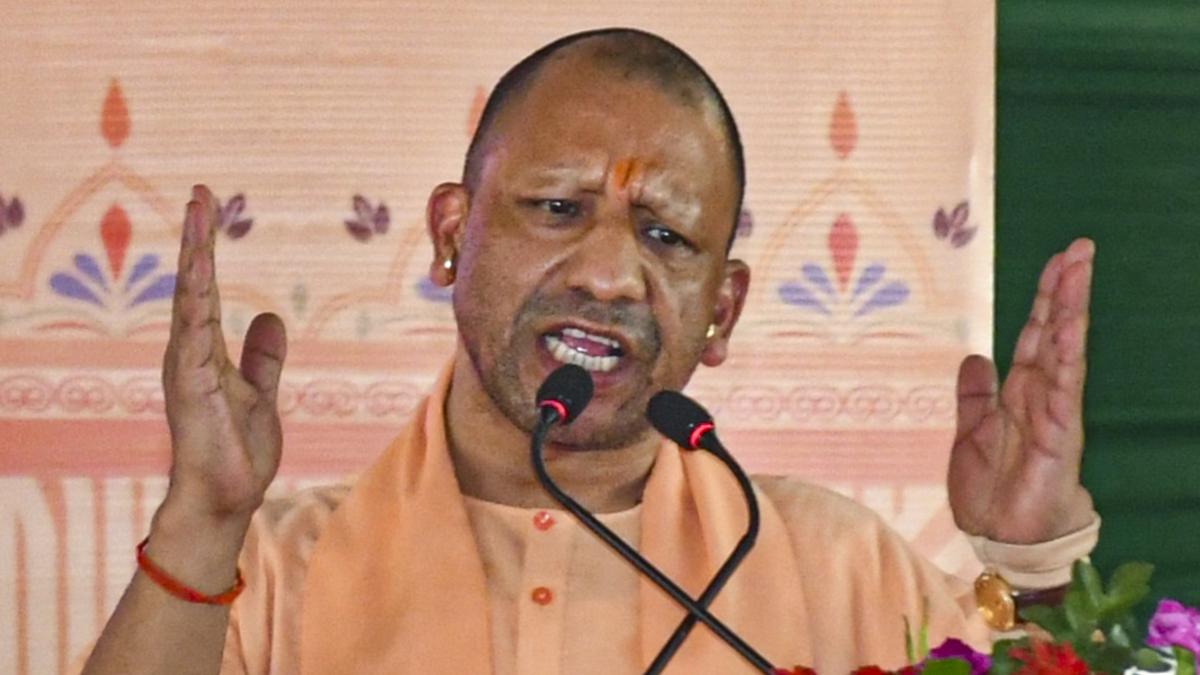
Gyanvapi mosque is Lord Vishwanath himself, says Adityanath
The Hindu
Uttar Pradesh CM Yogi Adityanath discusses Hindu deity Lord Vishwanath and unity through saints and sages.
Uttar Pradesh Chief Minister Yogi Adityanath on Saturday (September 14, 2024) said that Gyanvapi, which some people “unfortunately” called a mosque, is, in fact, the Hindu deity Lord Vishwanath.
“Gyanvapi, which some today unfortunately refer to as a mosque, is actually Vishwanath-Ji himself,” Mr. Adityanath said, while addressing the inaugural session of an international seminar on the ‘Contribution of Nathpanth in the creation of a harmonious society’ at Deendayal Upadhyay University in Gorakhpur.
Addressing the gathering, the Uttar Pradesh Chief Minister elaborated on the tradition of saints and sages, describing it as a force that united the nation. Mr. Adityanath spoke in detail about Adi Sankara, who established key peethas for religion and spirituality across the country.
“When Adi Shankar-Ji arrived in Kashi, Lord Vishwanath sought to test him. As Adi Shankar went to bathe in the Ganga during [the auspicious time of] Brahma muhurt, Vishwanath-Ji appeared before him disguised as an untouchable. When Adi Shankar asked him to step aside, Lord Vishwanath, still in that form, challenged him, asking, ‘If you are truly full of Advaita knowledge, you should not see only the physical body. If Brahma is the ultimate truth, then I possess the same Brahma as you,” Mr. Adityanath said.
ALSO READ: The Gyanvapi case and a sense of disquiet in Varanasi
Describing Indian sages and saints as a force of unity in India, the Bharatiya Janata Party (BJP) leader said that they had valued a harmonious and egalitarian society since ancient times. “Our saints and sages have consistently emphasised that physical untouchability is not only a barrier to spiritual practice but also an obstacle to national unity and integrity. The tradition of saints never prioritised untouchability within society, and this is also the ethos of the Nathpanth,” Mr. Adityanath said.


















